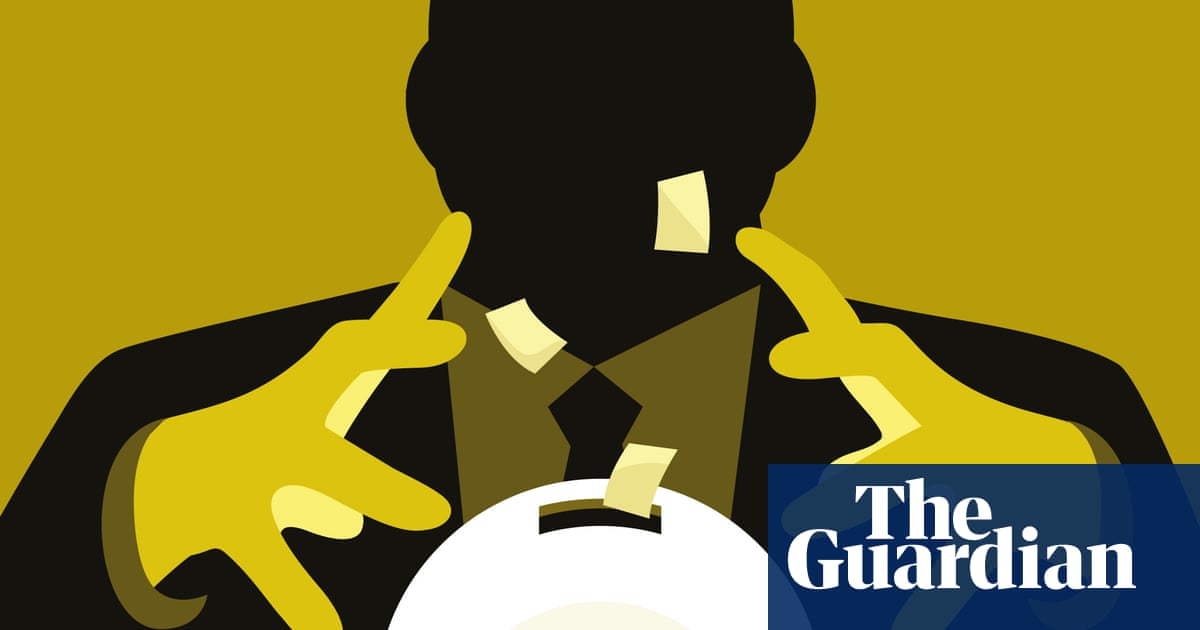
"Polls asking about hypothetical elections years in advance are meaningless as indicators of future parliament makeup."
"The concept of 'the public' as a unified group with a singular viewpoint is a falsehood."
"Opinion polls reflect a random sample of diverse and conflicting opinions, not informed consensus."
"Polling reveals peculiar truths, such as significant segments of voters preferring unconventional candidates or holding absurd beliefs."
Polls ahead of the 2016 US presidential election incorrectly predicted Hillary Clinton's victory, prompting criticism of the polling industry. While some countries ban polls close to elections, a broader ban is suggested due to their misleading nature. Polls present the erroneous notion of a homogenous public opinion, while they actually capture a range of disparate views, including those of conspiracy theorists and the uninformed. This results in misinformation, portraying distorted views of public sentiment and the supposed will of the people.
Read at www.theguardian.com
Unable to calculate read time
Collection
[
|
...
]